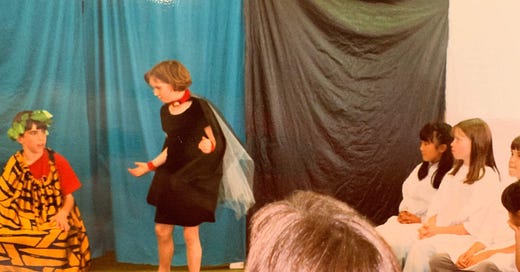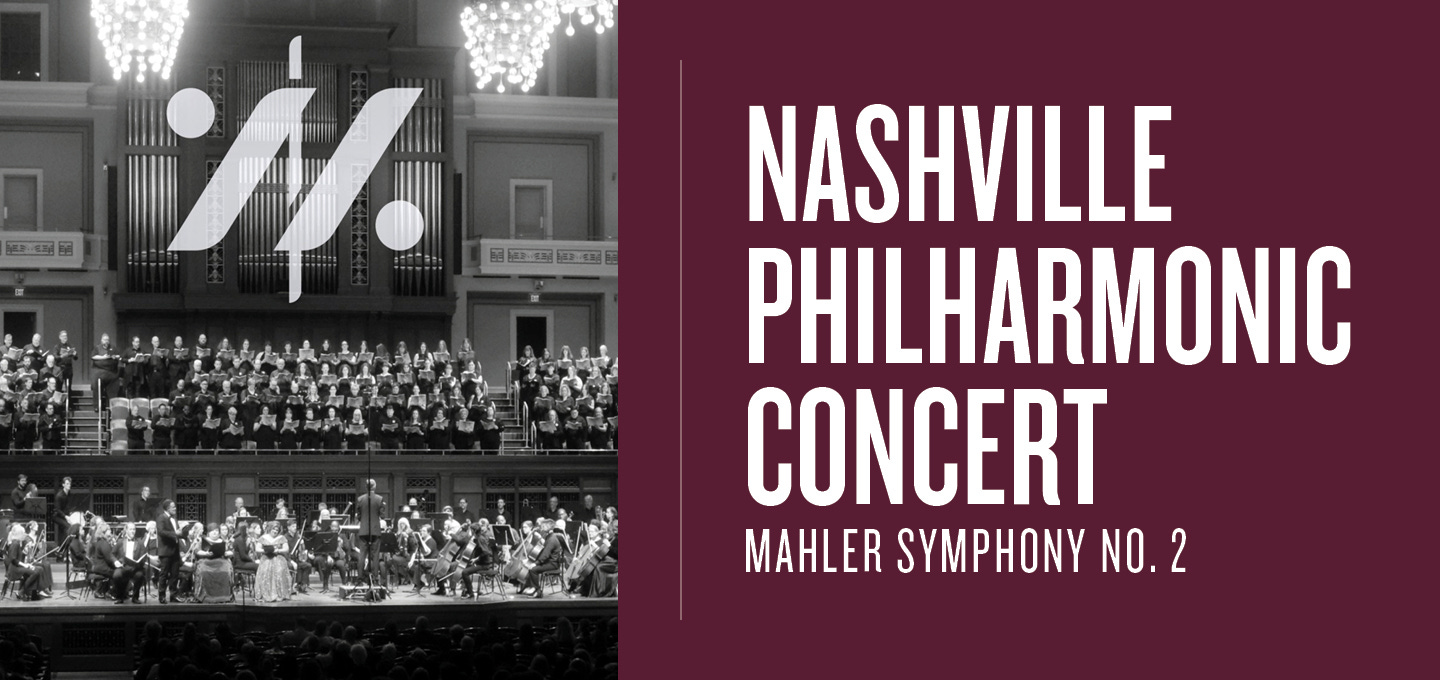When I was little, I rotated through many fantasies of what I would become when I “grew up.” At seven, I wanted to be fireworks, an answer that raised my teacher’s eyebrows, but made my mother hug me tighter and say, “Don’t let anyone change you.” At eight, still living in Tokyo at the time, I dreamed of working at a stationary store, where I could spend hours sifting through an entire floor of pens, and another floor of pristine notebooks. When my parents and I relocated to Palo Alto a few years later, all I wanted was to be fluent in English—not only so I could communicate with my friends, but so I could recite and understand all the lines by William Shakespeare.
Looking back, I’m amazed at all the ways my third-grade teacher (who we all lovingly called Kathie), influenced the person I would become. She gave us ample time to read and write whatever we wanted every day. (We were also allowed to play Oregon Trail on bulky computers.) Once, she had us observe her consume a juicy peach in silence, before making us write poems about it. She played the piano and asked us what emotions it sounded like. The thing that sticks out the most, though, is when she had us memorize and perform a Shakespeare play. My memories are fuzzy, but I think it was The Tempest.
We spent days breaking out into small groups and reciting lines to each other. I still had an ESL tutor attached to me, and I struggled to say more than one short sentence at a time. I got straight D’s on my spelling tests. Through it all, Kathie never made me feel like I was behind, or that I was incapable of performing Shakespeare. In her gentle and ever-reassuring way, she made it seem like this was a simple rite of passage for all American children. It didn’t matter that I didn’t understand the story, let alone the words. It just mattered that we spoke the words out loud, over and over again.
My brain and tongue tripped over each other with words like ‘ere, ‘oer, thine, ‘tist, wherefore. But I was entranced by the mere sound of the sentences when Kathie recited them, just like when she played piano chords for us. I felt like a polar bear trying to fit in with other animals in the rainforest, yearning to know and take part in what the colorful birds were saying.
During summer break, I enrolled in theater camp with some friends from Kathie’s class for a production of A Midsummer Night’s Dream. After auditions, I was assigned to play Mustardseed, one of Titania’s attendant fairies. I only had a few lines, which I shared with fellow fairies, but I loved every moment of it, observing in awe the grace and eloquence of other actors with principal roles like Helena and Puck.
Years passed, I moved back to Tokyo where I was placed in an international school, and I gradually approached fluency in English. It was around this time in middle school that I fell hard for boys I never talked to—including the ghost of William Shakespeare. I copied quotes from his plays and sonnets all over my binder. I painted my own portrait of William, which still hangs on the wall of my childhood bedroom. I made an account on Fanfiction dot net and posted my own attempts at Shakespearean sonnets, along with hypothetical spin-offs (“What if Juliet lived?”). (Note: I have no recollection of what my username was, and I have no intention of digging it up!) My dream then, if not to become a professional violist, was to become a Shakespeare scholar, live in London, and visit the Globe Theatre every chance I got.
Dreams come and go, but that Shakespeare-obsessed girl is still in me somewhere, and it comes out every once in a while. Most recently, I thoroughly enjoyed a documentary film called Grand Theft Hamlet, which takes place entirely inside the online video game. When everything shut down during the pandemic, two stage actors connected in a virtual world where the goal of the game is to steal cars and run away from cops. Together, they developed a dream of performing Hamlet in this unconventional, but COVID-safe space. They held auditions and managed to gather a rag tag team of real people scattered across the world who were willing to rehearse and show up online.
What moved me was not necessarily their performance; it would be too easy to criticize the imperfections of the avatars’ movements and the actors’ mics. Even though I have never played Grand Theft Auto, it was amazing to witness the urgency these people felt to perform Hamlet under these circumstances, as a way to combat isolation and create something new, yet also centuries-old. Like the fictional characters in Emily St. John Mandel’s Station Eleven who travel the postapocalyptic country performing Shakespeare’s plays in the wake of a pandemic, the participants of Grand Theft Hamlet kept Shakespeare alive outside the traditional stage, which is what William would have loved—for all the world’s a stage.
Since watching this documentary, I was inspired to re-read Hamlet on my own every evening, and finally—after decades—I’m proud to say that I can read the lines, understand what’s going on, and not have to look up every other word in the dictionary (or be content with not knowing). Most importantly, I can appreciate the story from an adult’s perspective. In high school, I was reading for Ophelia. Now, I find myself paying attention to the Queen, and what could be going on between the lines. Hamlet, once the kind of guy I would have fallen head-over-heels for, is now a messy, grief-stricken young man. His famous soliloquy—To be or not to be—hits different, knowing how he dismisses Ophelia right afterwards, a detail I failed to notice in the past.
I never became a Shakespeare scholar and have yet to visit London. There are still probably many parts of Shakespeare’s plays and sonnets that go over my head. Let me rephrase that: there are always going to be hidden parts of Shakespeare’s plays and sonnets that will reveal themselves in meaning and beauty, the more I revisit them. There is no expiration date on appreciating great art. Kathie passed away in 2020, but if she were around today, I like to think that she could still recite some lines of Shakespeare by heart—perhaps between bites of a delicious peach.
Find me in the viola section of the Nashville Philharmonic on May 6, 7pm at the Schermerhorn - free with ticket reservation), for a triumphant performance of Gustav Mahler’s Symphony No. 2!
I’m excited to host another book club event with the Japan-America Society of Tennessee on May 7, 6pm in person at The Porch, to discuss The Great Passage by Shion Miura, a tender and thought-provoking novel about intergenerational friendships and a long journey towards compiling a new Japanese dictionary. No need to have read the book beforehand, as we’ll close-read passages on the spot, as usual. Free with registration here! (We plan to live-stream the event, which will go up on the JAST YouTube channel afterwards.)






Yurina....Hamlet is worthy of saving lives, and I loved reading this. I miss you as my neighbor, as well as your continued brilliance
https://open.substack.com/pub/johnnogowski/p/is-hamlet-too-tough-for-high-school?r=7pf7u&utm_medium=ios